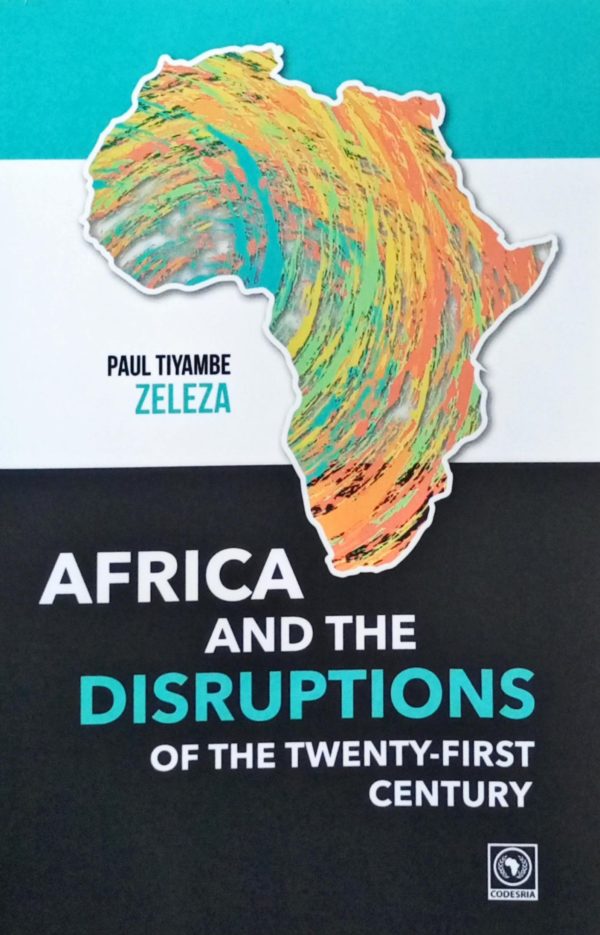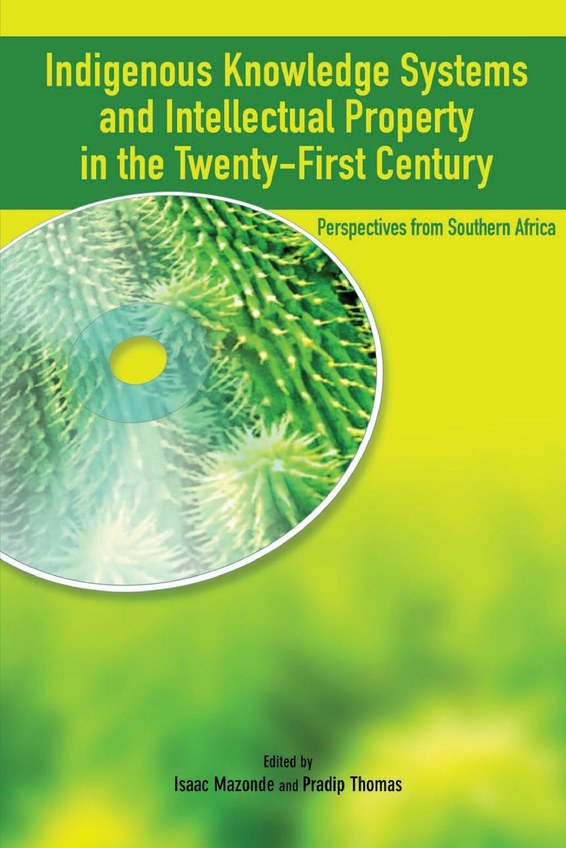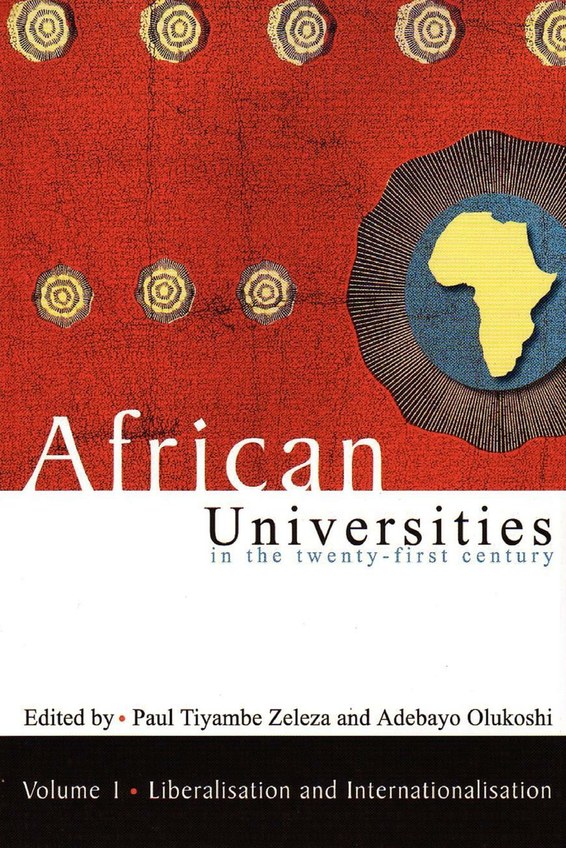Africa and the Disruptions of the Twenty-first Century
This collection of essays interrogates the repositioning of Africa and its diasporas in the unfolding disruptive transformations of the early twenty-first century. It is divided into five parts focusing on America’s racial dysfunctions, navigating global turbulence, Africa’s political dramas, the continent’s persistent mythologisation and disruptions in higher education. It closes with tributes to two towering African public intellectuals, Ali Mazrui and Thandika Mkandawire, who have since joined the ancestors.
Indigenous Knowledge System and Intellectual Property Rights in the Twenty-first Century:Perspectives from Southern Africa (Printed)
Indigenous Knowledge System and Intellectual Property Rights in the Twenty-first Century:Perspectives from Southern Africa (Printed)
This volume discusses a number of issues on the contested nature of intellectual property rights (IPR) and Indigenous Knowledge Systems (IKS) in the context of Southern Africa. The issues addressed include the protection of folklore, IKS in a digital era, the valuation and safeguard of heritage sites, the need for appropriate IKS legislation, community based control of natural resources and the role played by traditional music in the maintenance of community. It is this extensive exploration of IKS from the vantage points of communication and culture, and explored in terms of policy, cultural survival, international as well as intra-national politics, economics, philosophy and ethics that makes this empirical grounded collection of papers unique, a distinctive contribution to the literature and ’cause’ of IKS. The specific IKS-related issues raised and dealt with in this volume are generic in the sense that the very same issues are being contested in different parts of the world. In this respect, this book highlights the particular as a means of comprehending the universal.
African Universities in the Twenty-First Century, Volume I: Liberalisation and Internationalisation (Printed)
As the twenty first century unfolds, African universities are undergoing change and confronting challenges which are unprecedented. The effects of globalisation, and political and economic pressures of liberalisation and privatisation, both internal and external, are reconfiguring all aspects of university life: teaching, research, and their public service functions; such that the need to redefine the roles of the African universities, and to defend their importance have become paramount. At the same time, the universities must themselves balance demands of autonomy and accountability, expansion and excellence, diversification and differentiation, and internationalisation and indigenisation. In a climate in which scholarship and production are increasingly dependent on ICTs, and are becoming globalised, the universities must address the challenges of knowledge production and dissemination. The need to indigenise global scholarship, to their own requirements, meanwhile is ever- pressing.




